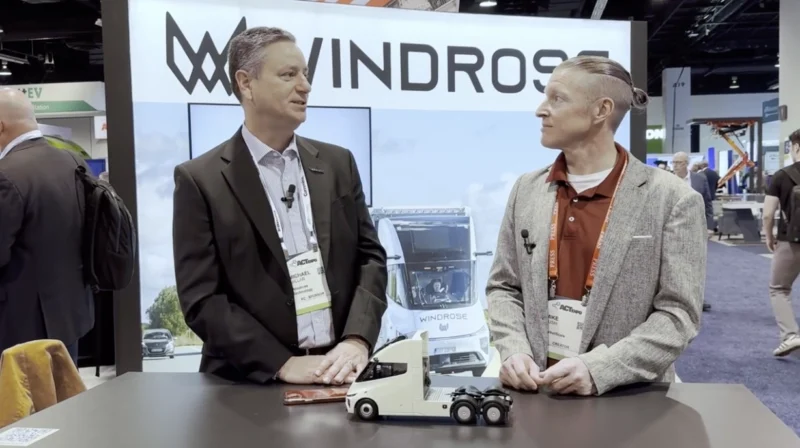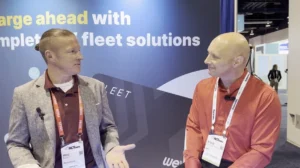Can One System Help Building Managers Solve One of Their Biggest Puzzles?
On any typical weekday in the world’s largest cities, drivers spend between 3.5 and 14 minutes searching for a parking space. The search for parking significantly contributes to a city’s traffic problem (some research suggests as much as 30 percent of traffic is a result of parking congestion), which leads to a loss of work productivity as well as elevated levels of stress. One of the biggest challenges urban planners face is attempting to minimize congestion on the roads by improving the flow of traffic, all within a limited budget.
The solution may not be as complicated as it seems. A handful of innovative businesses are designing a combination of services that will help garage managers automate car parks through the use of apps and smart-technology. Not only does this provide key benefits to both drivers and car park owners, it is also set to transform the way we think about urban driving.
Companies such as ParkJockey are providing tech-inspired solutions for car park operations, which include cashless payments, computer-based attendance and auto-alerts for non-payment and overstays. Drivers also have the option to buy season passes that are automatically scanned as they enter and leave the parking space, eliminating the time spent on cash purchases. Those who pay-as-they-go can benefit from the integrated payment technology, which allows them to make purchases through an app on their smartphone or at on-site kiosks, reducing the payment transaction time to less than five seconds.
The apps can be used for more than just payments. Drivers can check real-time parking space availability, allowing them to plan their route through the city more effectively. They can also use the app to pre-book a space for their car, as well as plan parking for future meetings by integrating the app with their mobile calendar. By streamlining the parking experience through a mobile app, it becomes more efficient, time-effective, and connects the driver directly to the parking process, removing the need for on-site staff.
Other companies are entering the world of automated parking by supplying weight detection sensors that gather information when the space is occupied, including the car’s length of stay. These sensors come with an array of benefits, such as maximizing occupancy, infringement enforcement, and planning for future parking spaces. Other tools include the overhead guidance indicators that facilitate the parking experience by improving off-street parking traffic flows and optimizing parking capacity. These digital display systems use high-intensity LED lighting to guide drivers into available spaces and signal which ones are occupied, vacant, or available just for priority parking.
Blending technology into urban car parks helps facilitate city driving and provides benefits both for parking space owners and for drivers. For garage management, it helps reduce operational costs and allows for better strategic forecasts, thanks to online reservations. It also helps minimize the risk of non-payments and overstays as these can be better monitored through the app.
For drivers, it reduces the time spent searching for a parking space as well as providing several payment options and more clarity of where to park. Rather than circling around multi-story car parks searching for an available spot, drivers can simply check their app to see which car park has availability. Besides the obvious time-saving benefit, it also improves the drivers’ entire car parking experience by reducing frustration, stress, and road rage.
From a wider point of view, car parks that integrate technology into the parking process help reduce the city’s traffic flow by offering a quicker means for drivers to park their car. As less time is lost, it also increases productivity in local businesses. Reduced traffic can help control pollution levels – a major health issue in most large cities – and reduce the number of traffic related accidents. By creating seamless, technology-based parking options, the future of city driving becomes less congested, more productive, and safer for its residents.
For the latest news, videos, and podcasts in the Building Management Industry, be sure to subscribe to our industry publication.
Follow us on social media for the latest updates in B2B!
Twitter – @BuildingMKSL
Facebook – facebook.com/marketscale
LinkedIn – linkedin.com/company/marketscale








